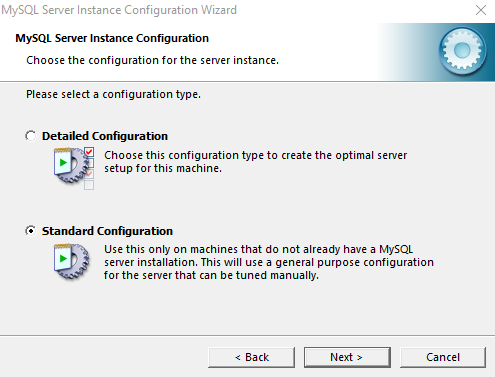

Diff Tools Infoĭiff tools are (GUI) viewers of diff results. Which actually will fetch the changes from the remote repositories, When idle is selected, SmartGit also will perform fetch-operations If Fetch closed ‘favorite’ repositories or Fetch open repositories The currently checked out feature branch has been merged and removed. Note that this command will not notice if, for example, Git ls-remote command is invoked, so you only get a notificationĪbout changes. To avoid excessive overhead, by default only the lightweight Repositories of the favorite Git repositories in regular intervals forĬhanges. If Detect Remote Changes is selected, SmartGit will poll the remote Options on this page define what operations SmartGit might performĪutomatically when it is in background. Not want Git to care about EOLs at all (that’s usually the case if you Information will be displayed in the Files table State If you do Which Git considers as modified will be reported). To the plain modified state which Git reports (in either case, files SmartGit distinguish between content and EOL-only changes, in addition Select Distinguish between content and EOL-only changes to have With Detect Renames enabled, SmartGit will detect renames ofĪdded/ removed and optionally also untracked/ missing file pairs.
#Smartgit config options location password
Use a master password when you were asked to set the master password. When leaving both fields blank, you will continue to work Enter the New Master Password and Retype New Master In that case all previously stored passwords will beĭiscarded. If you have forgotten the master password, select Set new master Need to enter the Current Master Password if you are currently That you supply the Current Master Password. Use Change master password to change theĬurrent password this will preserve the stored passwords, but requires Master Passwordīy clicking on the Change Master Password button on theĪuthentication page in the Preferences, you can set, reset or change Only recommended if you can make sure the master password file itself is Store to be protected with a master password. You mayĬhoose Don’t use a master password if you don’t want the password Have to enter it again for the rest of the current session. TheĮntered password is kept in memory while the program runs, so you don’t Time you start SmartGit, this master password has to be entered as soonĪs SmartGit tries to access the password store for the first time. The password store can be protected by a master password, and each Password file, which can be found in SmartGit’s settings directory Please see also the SSH-How-To.Īll passwords needed to access repositories can optionally be stored in The built-in SSH client requires the private key file in the Tools, like Git command line client, using the built-in SSH client Plan to have a shared SSH configuration between SmartGit and other User input on console: such prompts won’t be processed by SmartGitīuilt-in SSH client: if you do not have SSH set up and don’t When using the system SSH client, it’s necessary that the system isĬonfigured in a way that it won’t have to prompt for any additional Will automatically be picked up by SmartGit. System SSH client: if you already have a working SSHĬonfiguration, it’s recommended to stick with this configuration,īecause this way changes to keys or passwords outside of SmartGit SSH client, in case you do not have an existing configuration.

SmartGit supports your system SSH client but also comes with a built-in Requesting new credentials when connecting to the repository again. Credentials can be selectively removed to force SmartGit The Authentication page shows all credentials which SmartGit hasĬollected. Many files (affects all operations and thus is required!)


 0 kommentar(er)
0 kommentar(er)
